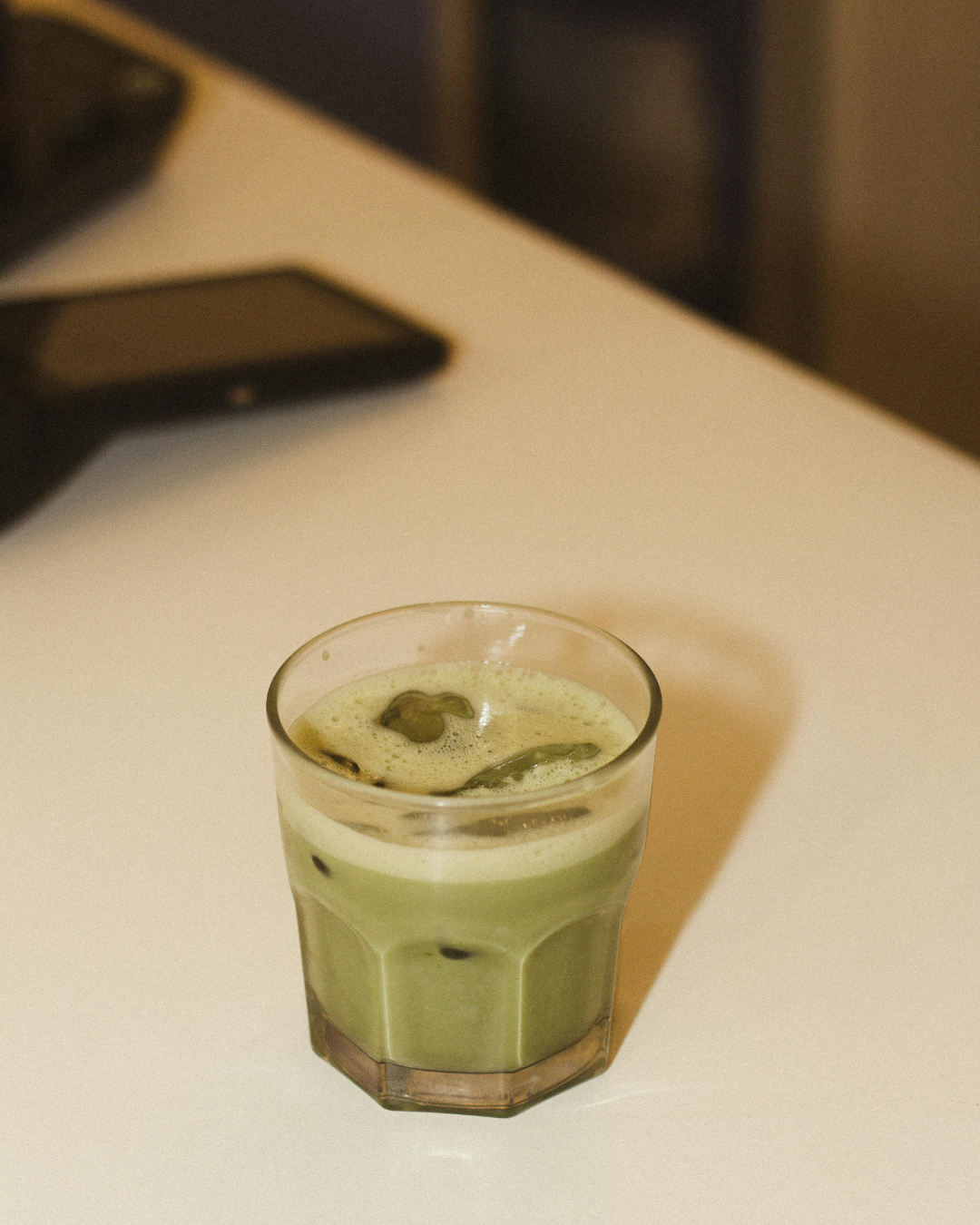
4 'Healthy' Habits That May Make You Feel Worse - A Chinese Medicine Perspective
Share
You know those things we swear are healthy, green smoothies, iced matcha, raw salads, or skipping breakfast because “we’re not hungry yet”?
Well… your Spleen might be quietly screaming inside.
According to Traditional Chinese Medicine (TCM), some of our favourite wellness rituals might actually be working against us. In TCM, good health starts with balance, not too hot, not too cold, not too raw, not too heavy. When we go to extremes (like daily iced matchas or smoothie cleanses), our digestion, energy, and hormones can all take a hit.
But don’t worry, no one’s banning your matcha or salad life. It’s all about balance, warmth, and tuning in to what your body truly needs.
If you’ve been feeling bloated, low in energy, or your menstrual cycle feels out of sync, these everyday “healthy” habits might be the reason. Here are four common wellness habits that might actually make you feel worse, plus some TCM-inspired tips to restore balance and support your digestive and hormonal health.
1. Green Smoothies for Breakfast
In TCM, your digestion is powered by your Spleen Qi, and your Spleen loves warm, gently cooked foods.
Cold, raw smoothies first thing in the morning? That’s like asking your digestion to do yoga on ice.
Cold ingredients weaken your digestive fire, slow down your metabolism, and can leave you feeling bloated or tired, not exactly the glow-up you were going for.
TCM Tip:
-
Swap your morning smoothie for a warm soup or congee.
-
There is such thing as a warm smoothie!
-
Add warming spices such as cinnamon, ginger, or nutmeg to balance the energetics of the smoothie.
-
If you must have one, enjoy it later in the day when your digestion’s stronger.
2. Iced Matcha Lattes
(Sorry, matcha girlies!)
Matcha and green tea are considered cool in nature in TCM, and when you add ice, it’s basically a snowstorm for your digestion.
Cold drinks weaken your digestive fire and reduce your body’s Yang energy — the internal warmth that keeps your metabolism and menstrual cycle running smoothly. Over time, this can lead to bloating, fatigue, or even PMS and irregular periods.
TCM Tip:
-
Go for a hot matcha latte instead.
-
Skip iced drinks during your period, especially if you get cramps.
-
Enjoy matcha occasionally, not every day.
3. Raw Salads
Raw salads might look healthy, but in TCM, they’re tough on your Spleen and digestion.
Raw food is cold and hard to break down, which can weaken your digestive Qi (energy). Over time, too many raw veggies can lead to bloating, nutrient loss, and fatigue, especially if your digestion is already sluggish.
TCM Tip:
-
Pair your salad with a warm drink (like ginger tea or bone broth).
-
Opt for lightly cooked veggies — steamed, blanched, or stir-fried for easy digestion.
-
Add warming spices or cooked grains to balance the energetics of your meal.
4. Skipping Breakfast
We get it, mornings are chaos. But in TCM, skipping breakfast is a big no-no.
Your Stomach and Spleen are most active between 7 AM and 11 AM, when your body’s digestive energy is at its peak. This is your best window to nourish your body, build Qi (vital energy), and support a healthy metabolism.
Skipping breakfast weakens Qi, drains energy, and can leave you craving sugar or caffeine later.
TCM Tip:
- Try a protein rich breakfast with eggs, congee or a warm porridge to start your day.
-
If you’re doing intermittent fasting, shift your eating window earlier: start with breakfast and finish dinner earlier.
In Traditional Chinese Medicine, no single food is “good” or “bad”. It’s about how it affects your body’s internal balance. Cold, raw, or extreme diets might look “healthy” on the outside but can leave your digestion, hormones, and energy out of sync.
So, warm it up, slow it down, and give your Spleen some love.
